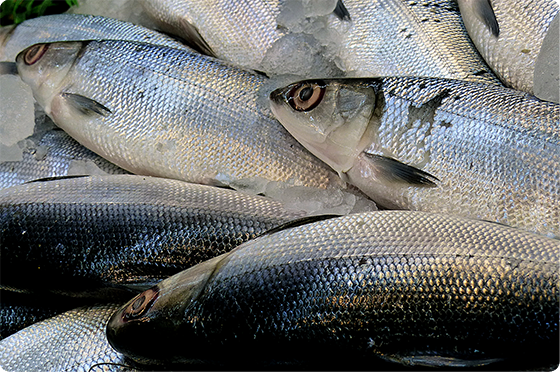
On November 28, the U.S. Court of Appeals for the Federal Circuit upheld a months-old ban on the importation of Mexican shrimp and other seafood caught using gillnets. The import ban was promulgated in response to gillnets’ impact on the critically endangered vaquita porpoise—of which there are only fifteen members remaining in the wild. The species is killed at a rate of about fifty percent annually due to their accidental entanglement in gillnets used in the Upper Gulf of California, Mexico. This ruling marks the most recent in a line of failed legal challenges several U.S. governmental agencies have made in a hope to have the ban struck down.
The journey to the U.S. Court of Appeals’ recent decision began in 2016 when the National Oceanic and Atmospheric Administration (NOAA) issued a regulation under the Marine Mammal Protection Act (MMPA) that prohibits fish or fish products from being imported into the United States from commercial fishing operations that result in the incidental mortality or serious injury of marine mammals in excess of U.S. standards. Several environmental advocacy groups relied on this language in March when they first filed suit against federal officials in the U.S. Court of International Trade (CIT), arguing that the MMPA’s coverage includes endangered species outside of U.S. waters. The CIT granted a temporary injunction in July, when the court ordered the United States to stop accepting imported seafood from Mexico if it was caught using gillnets. Specifically, the injunction required, among other things, the U.S. government to ban the importation of all Mexican shrimp, curvina, sierra, and chano fish as well as their products that were caught in the Gulf of California, Mexico, unless affirmatively identified as having been caught outside the endangered vaquita porpoise’s range or with a gear type other than gillnets. In response, NOAA Fisheries implemented an import ban in August, which additionally requires that similar Mexican seafood imports not subject to the ban be accompanied by a Certification of Admissibility.
Following the CIT’s issuance of the preliminary injunction, the governmental agencies involved in the case appealed the decision, but were defeated when the CIT upheld its injunction in October. The most recent court decision came after the agencies decided to challenge the ban in the U.S. Court of Appeals. In that case, the agencies moved to stay enforcement of the injunction pending appeal. If granted, the stay would have temporarily suspended the injunction while the appeal was given time to progress. However, the agencies were, again, defeated when the court concluded that they had not established that such a stay was warranted.
This most recent decision as well as those leading up to it has spurred extreme controversy between conservationists and fishing industry representatives. Conservationists argue that the decisions help U.S. consumers fight the vaquita’s extinction, and hope the import ban will force Mexico to stop using gillnets, at least in the Upper Gulf of California. They argue that federal agencies are wasting their time by continuing to challenge the ban, and should, instead, focus their energies on saving the last members of the species. However, industry representatives argue that NOAA Fisheries’ rulemaking will severely harm Mexican fishermen by crippling their ability to export to the United States. As Mexico is the United States’ seventh-largest source of imported shrimp, the industry also argues this could affect the availability of imported seafood available for purchase. For example, one Mexican importer recently reported suffering an estimated 10-day delay in importing a seafood shipment due in part to his failure to complete the Certification of Admissibility NOAA Fisheries now requires.
As the U.S. Court of Appeals declined to grant the stay, the agencies’ appeal will move forward with the CIT’s preliminary injunction and the ban intact. However, in its ruling, the court noted that it would consider a motion made by the agencies to expedite oral arguments in a formal appeal hearing, so the two sides of the controversy may have an opportunity to debate their points sooner rather than later. It remains to be seen what impacts the import ban will have on the vaquita’s numbers in the meantime.












